Keywords: God
There are more than 200 results, only the first 200 are displayed here.
-
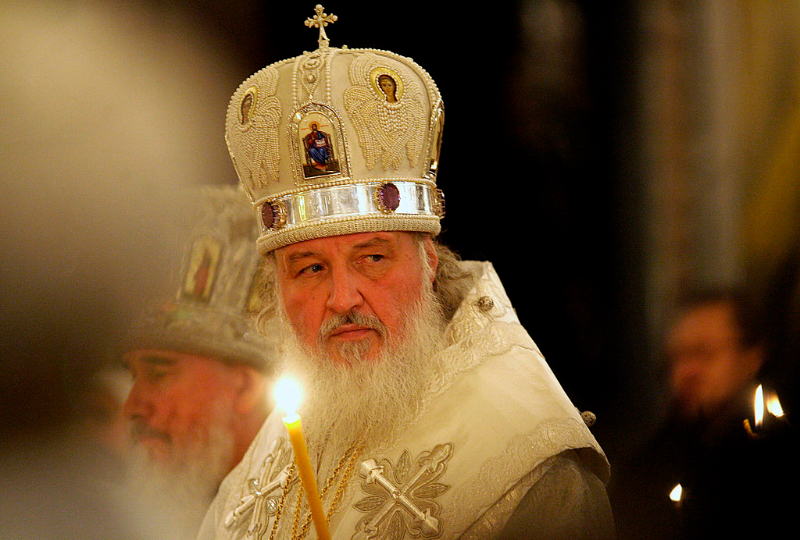
INTERNATIONAL
- Andrew Hamilton
- 31 May 2022
7 Comments
Patriarch Kyrill of Moscow has received much justified criticism for aligning his Church alongside Vladimir Putin in the invasion of Ukraine. If we are to understand how he could think it is right to do so, however, it is helpful to know how he came to be Kyrill. The story of his earlier namesakes illuminate the conduct of the present Patriarch of Moscow.
READ MORE 
-
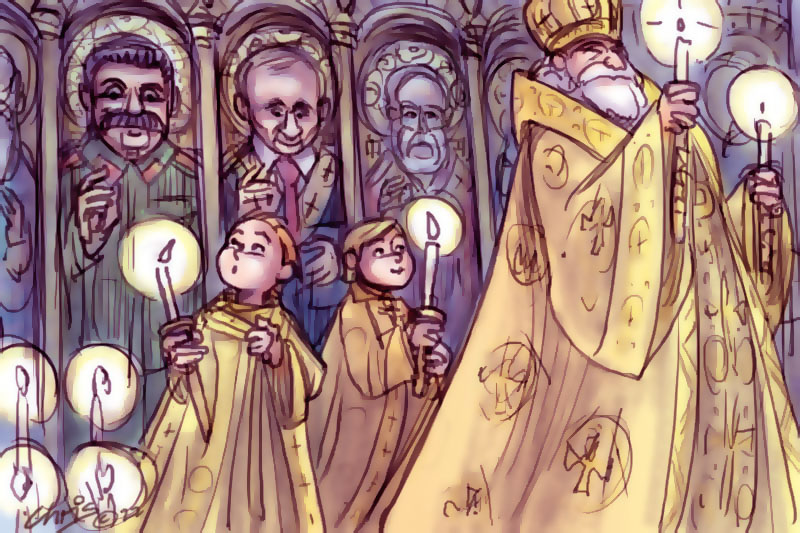
INTERNATIONAL
- Stephen Minas
- 23 May 2022
3 Comments
‘We removed him from the mausoleum’, wrote the Soviet poet Yevgeny Yevtushenko. ‘But how do we remove Stalin from Stalin’s heirs?’ The poem was published in 1962 but it’s still a good question. Today one of Stalin’s heirs commands a barbaric war against Ukraine with the enthusiastic cheerleading of another such heir – the leader of the Moscow Patriarchate reestablished by Stalin.
READ MORE 
-
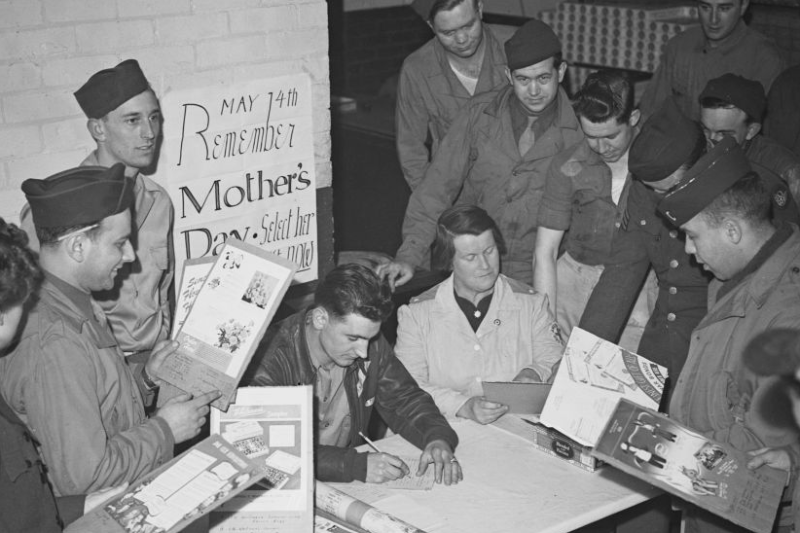
AUSTRALIA
- Kerrie Handasyde
- 03 May 2022
7 Comments
Mother’s Day was a religious event, as was the older English tradition of Mothering Sunday in which worshippers returned home to their ‘mother church’. But as this new celebration of Mother’s Day spread around the English-speaking world, it preserved in public and private ritual a particular idea of womanhood. It asserted that true womanhood was motherly.
READ MORE 
-
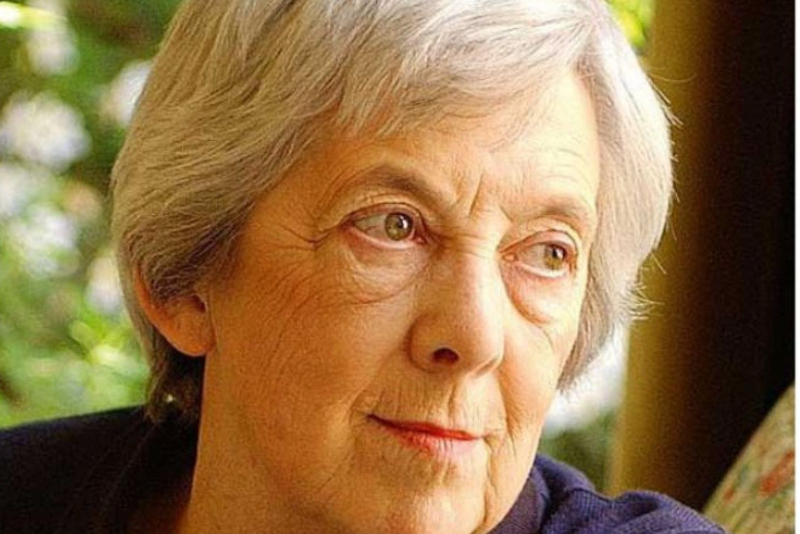
ARTS AND CULTURE
- Andrew Hamilton
- 28 April 2022
4 Comments
The quality of Niall’s writing is evident in An Accidental Career, though easily unnoticed. It lies in the clarity of her thought, her exact choice of words, the alternation of anecdote and reflection and the self-effacement that creates a direct link between the reader and the work itself. Her writing has the rare gift of simplicity. The precision of the title is characteristic of the book as a whole.
READ MORE 
-
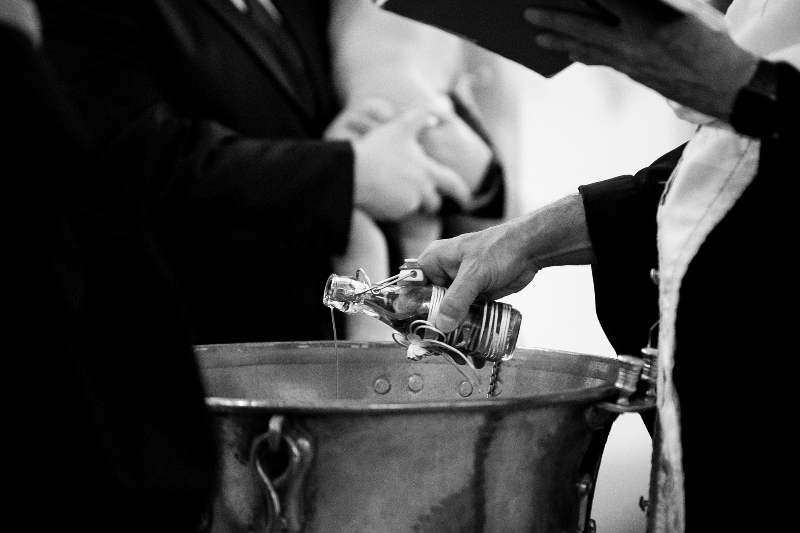
INTERNATIONAL
- Gillian Bouras
- 21 April 2022
9 Comments
The lives of migrants often consist of divisions and collisions at the border between the old life and the new. But sometimes both lives come together in unexpected ways, and one such conjunction is about to happen to me. On Anzac Day my granddaughter will join the great flow of Orthodoxy, but I hope one day she will know about her little trickle of Australian blood.
READ MORE 
-
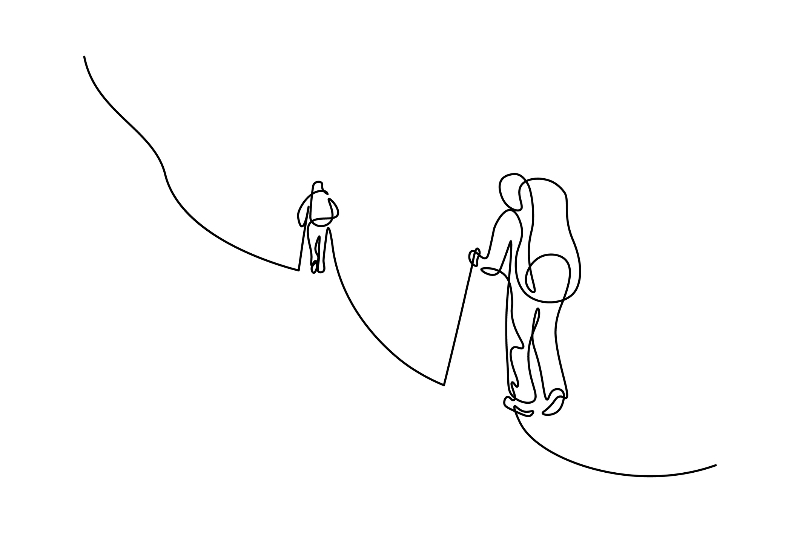
RELIGION
- Barry Gittins
- 14 April 2022
10 Comments
As a kid, all I wanted was answers. As soon as I’d get one, I’d chase the next. Nowadays, I’m happy with holding onto questions. Rephrasing, examining, thinking. The answers I have don’t always add up, and my mania for meaning, for definitive proof, is abating. I am increasingly aware that all of us, regardless of creed, creditworthiness, consciousness or credentials, lack definitive answers to life’s mysteries.
READ MORE 
-
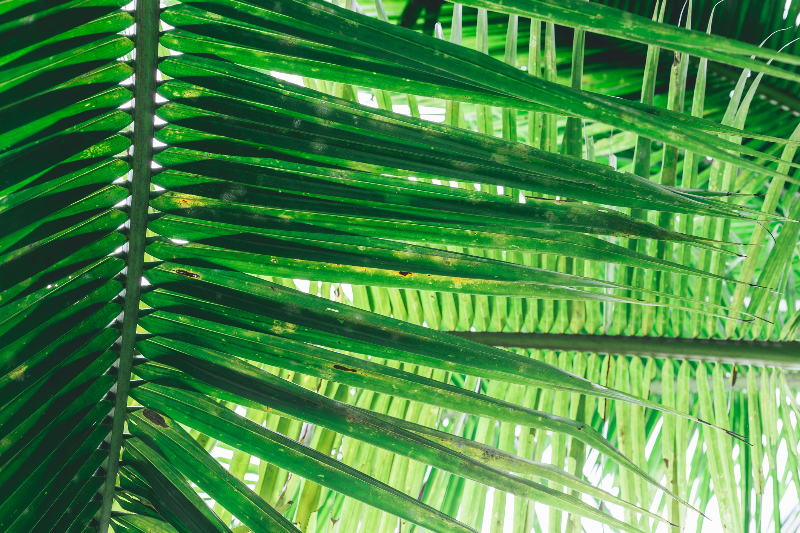
AUSTRALIA
- Andrew Hamilton
- 07 April 2022
6 Comments
Palm Sunday alternates between March and April. When, as this year, it is celebrated in April it keeps company with a number of days that provoke us to ask what and who matter, what and whom can you trust. If it is a cruel month, it is so because it tests, even mocks, our comfortable assumptions. In a year overshadowed by manifestations of climate change, of persistence of Covid and of the horrors of war, it is not a bad month to endure an election.
READ MORE 
-
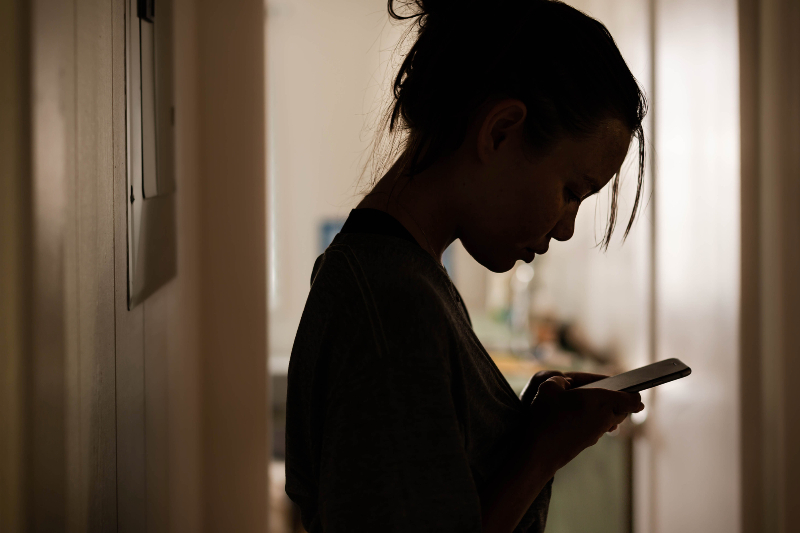
ARTS AND CULTURE
- Cherie Gilmour
- 29 March 2022
13 Comments
A house bursts into flames as it’s submerged in floodwaters. A doctor tells a cameraman filming a dying Ukrainian child to send the footage to Putin. A newspaper delves into the murder of a young woman. It’s like a fever dream: a pandemic bleeds into the edges of a global war. The news presents information, and it has no moral duty to tell us how we should feel about it or help us untangle the knot of feelings which emerge.
READ MORE 
-
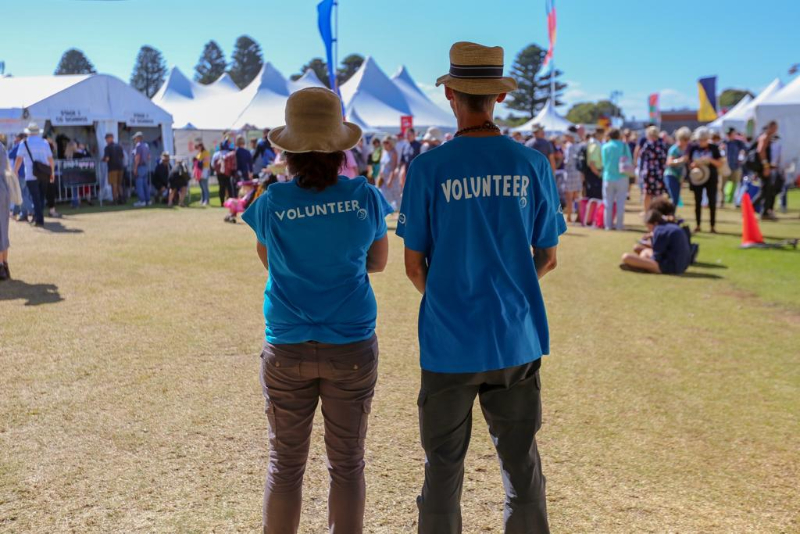
AUSTRALIA
- Julian Butler
- 22 March 2022
4 Comments
Part of what makes community is what distinguishes community, what sets it apart. It might be an interest in music, or sport, a neighbourhood or a set of values or practices. Initially, at least, the extent to which we identify with the community will depend upon the extent to which those things that define or characterise it are important to us.
READ MORE 
-
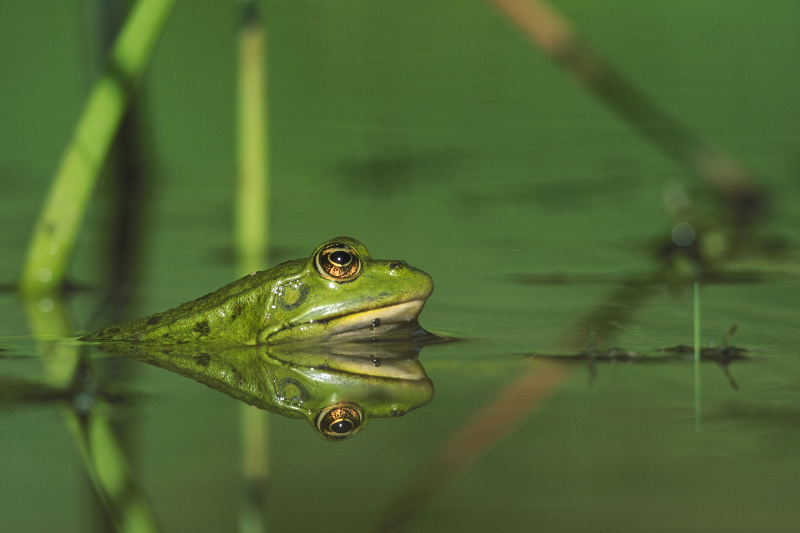
AUSTRALIA
- Barry Gittins
- 21 March 2022
6 Comments
Like the trusting frog, voters have in the backs of their minds the inkling that when a government achieves power, they lavish time, energy and resources on staying in power. Promises are non-core, or open to interpretation, or de-prioritised as new issues bob up to the surface.
READ MORE 
-
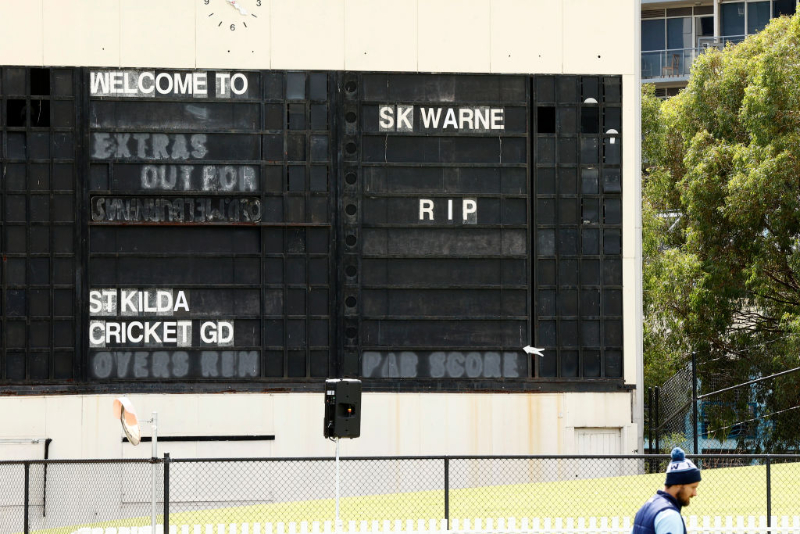
RELIGION
While we have been (barely) coping with a pandemic and natural disasters, the death of a larger-than-life figure like Shane Warne — an ordinary-bloke-cum-sporting-legend, an ever-present companion to Australian audiences, and seemly untouchable — has really brought home the fragility of life. It has drastically reminded us of our mortality: that we don’t live forever.
READ MORE 
-
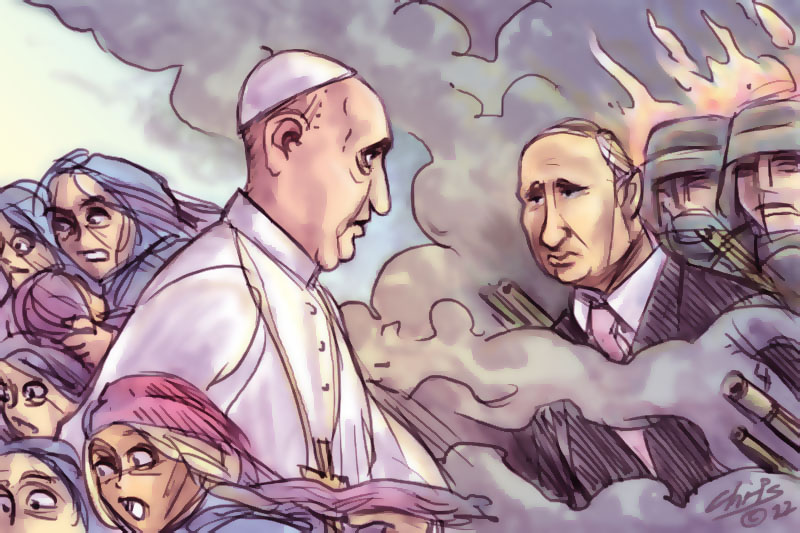
RELIGION
- Miles Pattenden
- 15 March 2022
19 Comments
Even as he sustains the papacy’s now traditional opposition to all forms of war and its emphasis on the extreme suffering war brings, especially to the innocent, Pope Francis has, in recent weeks, taken a different, more partisan approach which he and others must feel is justified.
READ MORE 